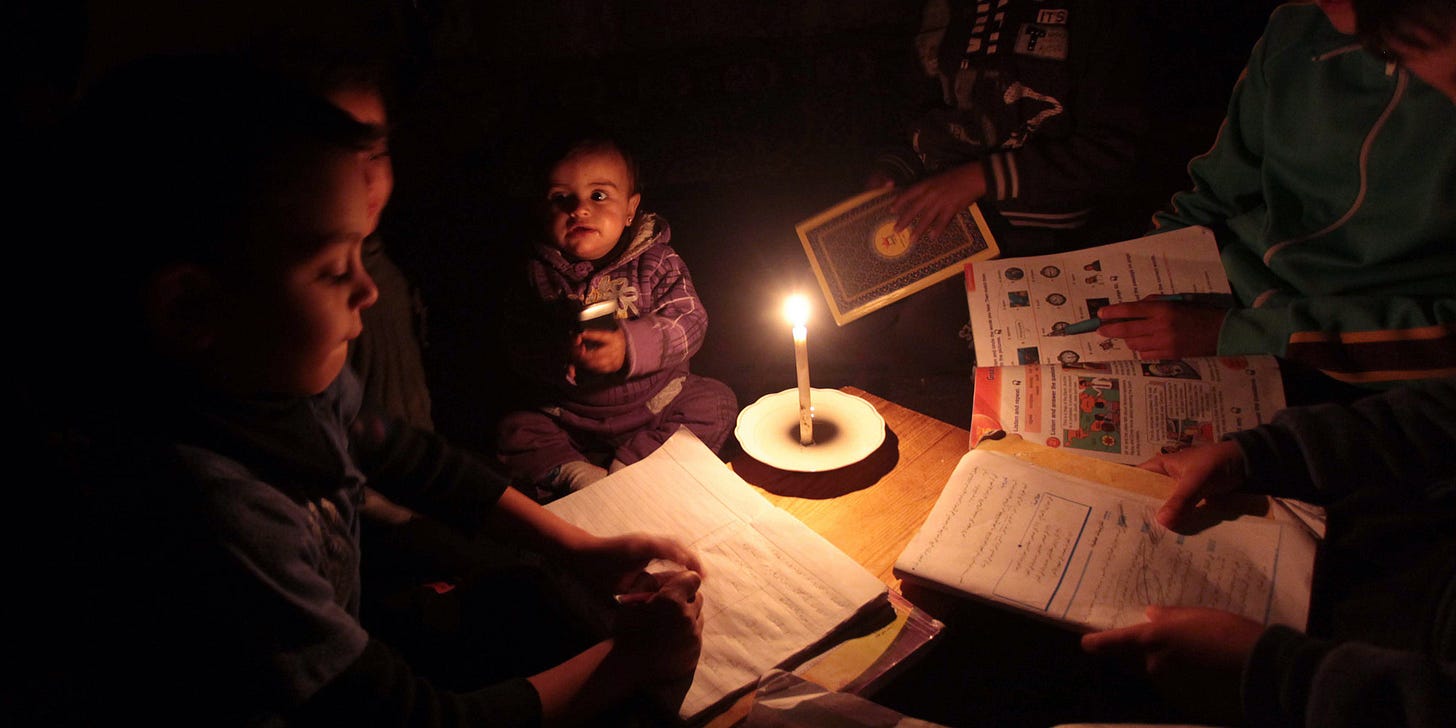This note started out as a reply to a comment on Malthusians and Misanthropes, which I decided to expand to an article.
Figure 1. Extinction Priestesses Proclaiming their Faith
In 2008, Charles Krauthammer wrote a piece in which he cast the Greens as a religion, which he called the Church of the Environment. This was not just a literary conceit. It reflects a search for meaning in life by secular souls who are denied traditional religion.
The religious overtones of the Green Movement have become unmistakable since Krauthammer wrote that piece. Extinction Rebellion costumes are an obvious combination of nuns' habits and and Dia los Muertos celebrants' face paint. Did a 15 year old, sickly girl study planetary history, review the models, consider the spectral opacity of the atmosphere, try to sift truth from propaganda? Of course not; she had an epiphany. While watching a film on plastic garbage in the ocean, all of a sudden she just knew what she was called to do. And the Church of The Environment had found a child sybil, who could literally count down the hours to the apocalypse.
"In ten years, 250 days and ten hours we will be in a position where we set off an irreversible chain reaction beyond human control,that will most likely lead to the end of our civilization as we know it. I don't want you to be hopeful. I want you to panic."[Greta, 2019]
As Krauthammer points out, a hallmark of religion is certainty, often called faith in this context. Certainty is what allows you to carve up your neighbor as a path to salvation. Like all effective religions, the Church of the Environment demands certainty. There’s no half-way house; no real difference between a denier and a skeptic. You are either a believer or an infidel. That certainty is what allows wealthy followers to impoverish Sri Lankan farmers by proscribing ammonia based fertilizer. That certainty is what allows super rich believers to prohibit funding of fossil plants to dirt poor Africans who have no electricity.1 In this case, such faith taken to extremes could tear down civilization and kill billions.
Figure 2. Lifeboat ethics in practice. No fossil electricity for these kids.
In fact, our uncertainty about global warming is profound. We don't know how much green house gases will be emitted nor when. If we knew the exact future trajectory of emissions, we'd still be quite uncertain of how much warming will take place and where and how quickly. The planet's non-linearities are such that small differences can lead to widely divergent futures. If we knew just how the warming process will develop, we would still be unable to predict with any accuracy what the impact will be. Even if we somehow knew the impact, we would not know how humanity will adapt to it. Our ignorance is so vast that the possible futures range from a planet uninhabitable by humans to a mildly benign impact overall.
We must recognize our uncertainty and find a balance that uplifts humanity, not destroys it. For the electricity grid, that should not be difficult, Thinking about CO2 Uncertainty.
The CotE is not without its sinners. German disciples supported this prohibition while recommissioning their own coal plants after the loss of Russian gas. One can only hope that the canons prescribe an appropriate penance, maybe 5 years in Chad without power. More likely, the penitents will purchase indulgences in the form of Renewable Energy Credits.






People accuse me of boh-sideism. What I loved about this is that precise ability. I might have easily fallen into the same thinking, my kids as well. Had it not been for my foundations in chemistry. There is such a pull, hunger to find meaning in the mundane. Nature has always done that for me. So looking to indigenous roots makes perfect sense. But the brutality of the past gets romanticiszed. We are the wealthiest, most connected and most able to help ourselves and each other than ever before in history. That's reason for hope.
You're thinking along the same lines as Andy A. West, in his book titled The Grip of Culture: The Social Psychology of Climate Change Catastrophism - available through the Global Warming Policy Foundation.
Applies tools of social science to illuminate the roots of much behavior that is otherwise inexplicable.